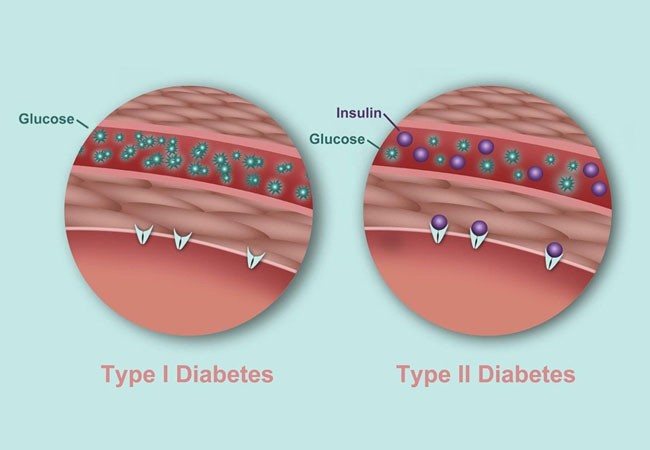
Frequently Asked Questions
No, there is no cure for diabetes. However, with treatment, the condition can be managed, and some individuals may experience diabetes remission.
No, it is a myth. Diabetes does not directly cause hair loss. However, hair loss can occur indirectly in diabetic patients who are malnourished.
The effect of insulin on weight varies from person to person. Some people may gain weight, while others may not. Insulin can sometimes lower blood sugar levels, leading to increased appetite and overeating, causing weight gain for some. Seek help from an endocrinologist to prevent weight gain.
Yes, diabetes patients can eat glycemic-low fruits like apples, oranges, guavas, kiwis, and robusta plantains. Get in touch with a diabetologist in Kochi if you have concerns regarding your diabetes diet.
To prevent diabetes, engage in regular physical activity, eat slow-cooked homemade meals, manage stress through practices like yoga and meditation, and have annual check-ups.
It is true that night shift work increases the risk of diabetes. Adding stress and disrupting the body's natural processes can cause insulin resistance, a major contributor to diabetes.
Delivering world class medical care in the field of
Diabetes, Thyroid, Endocrinology and Obesity
with
precision and compassion.
X

 Home
Home  Booking
Booking
 Chat Now
Chat Now  Call Us
Call Us 











